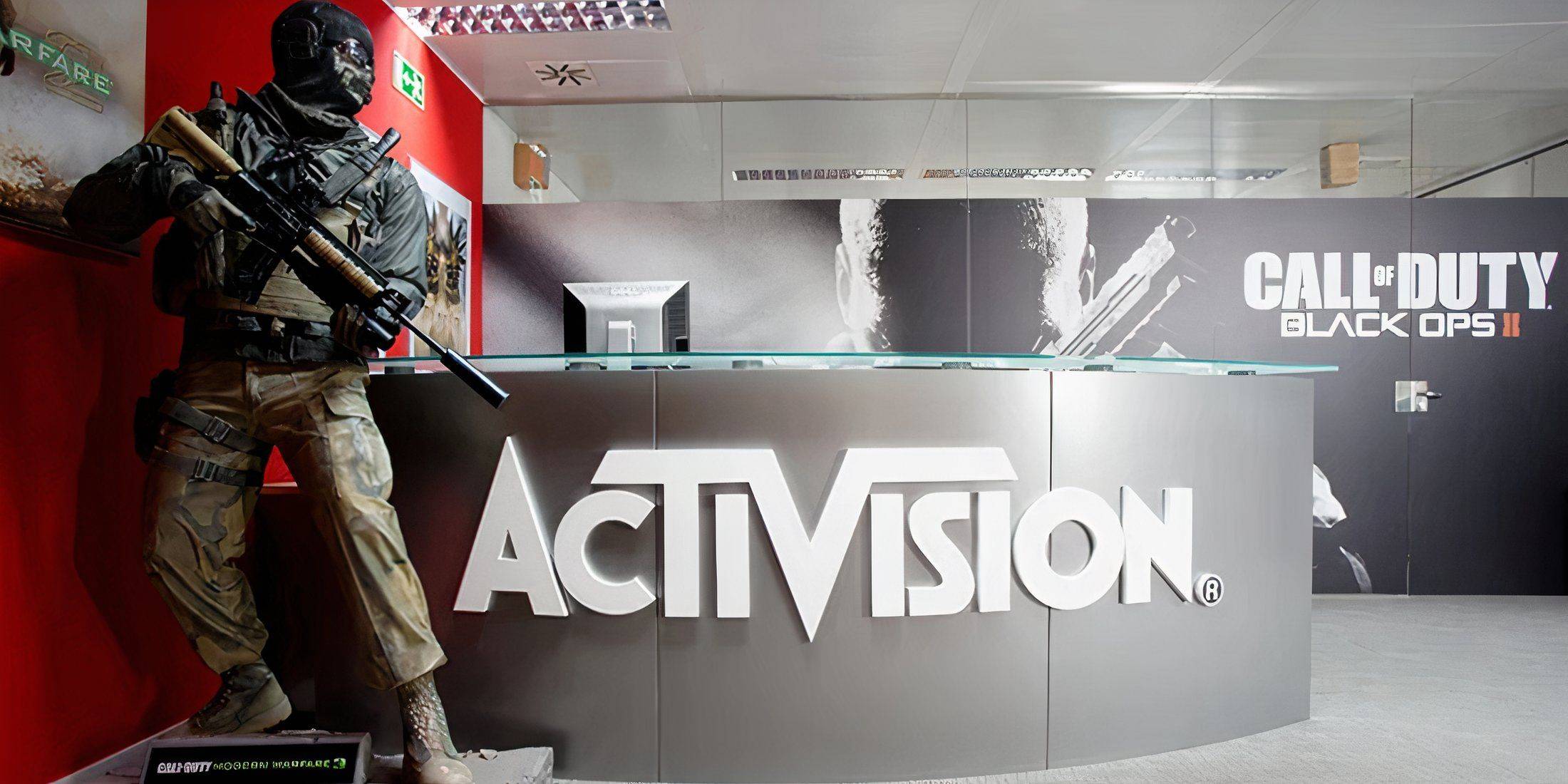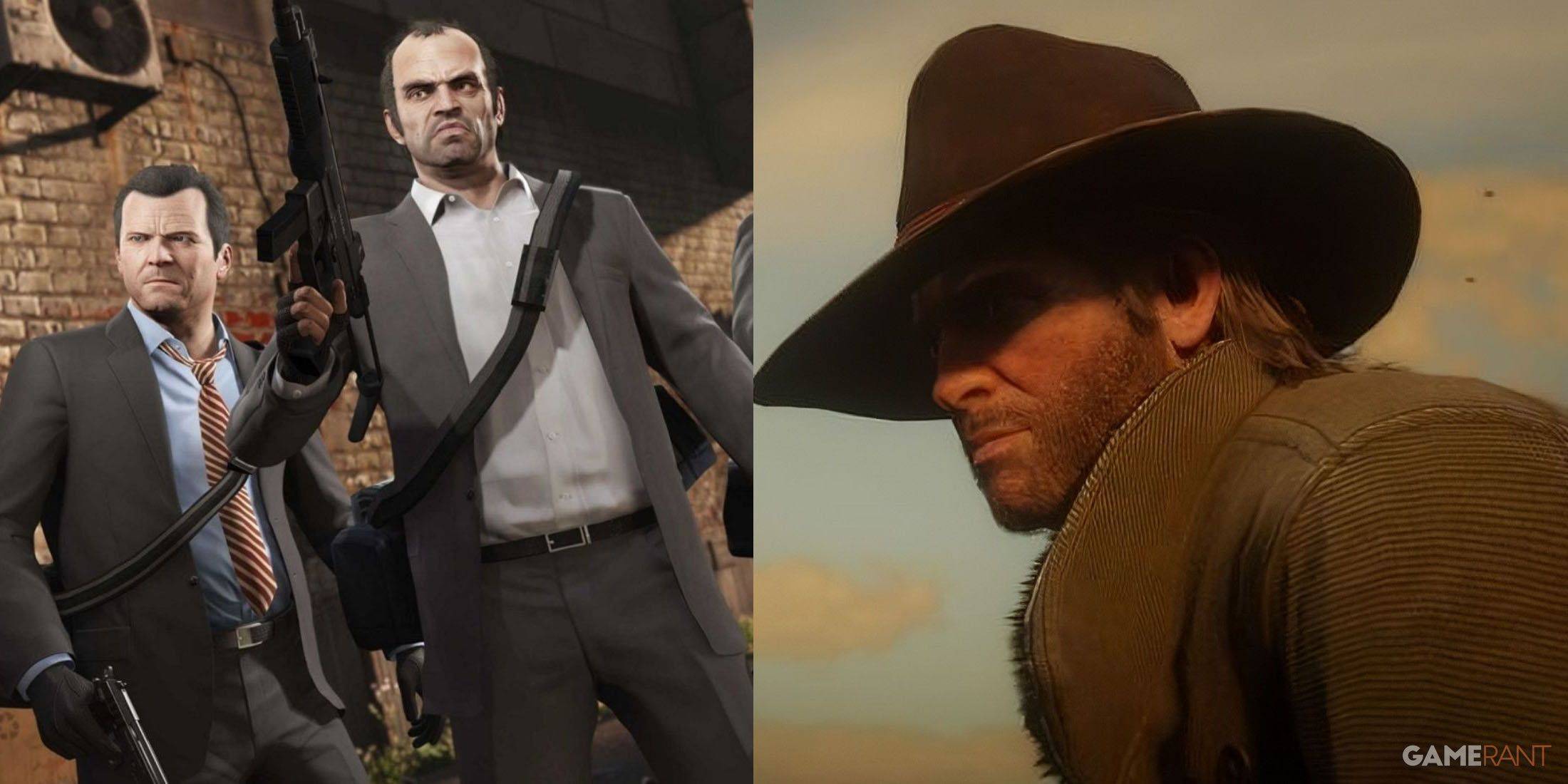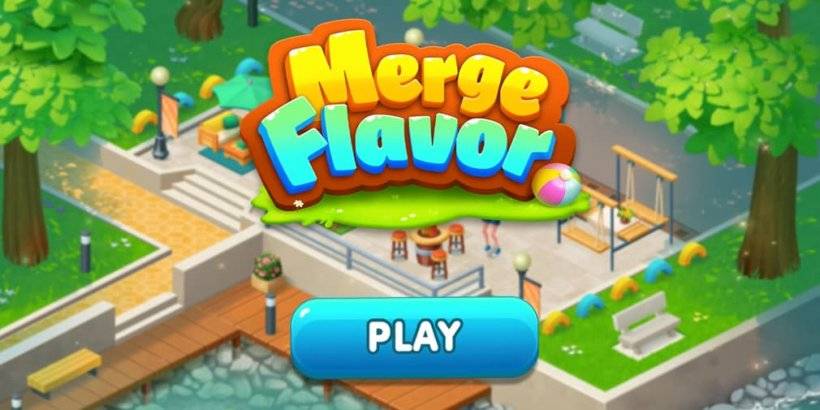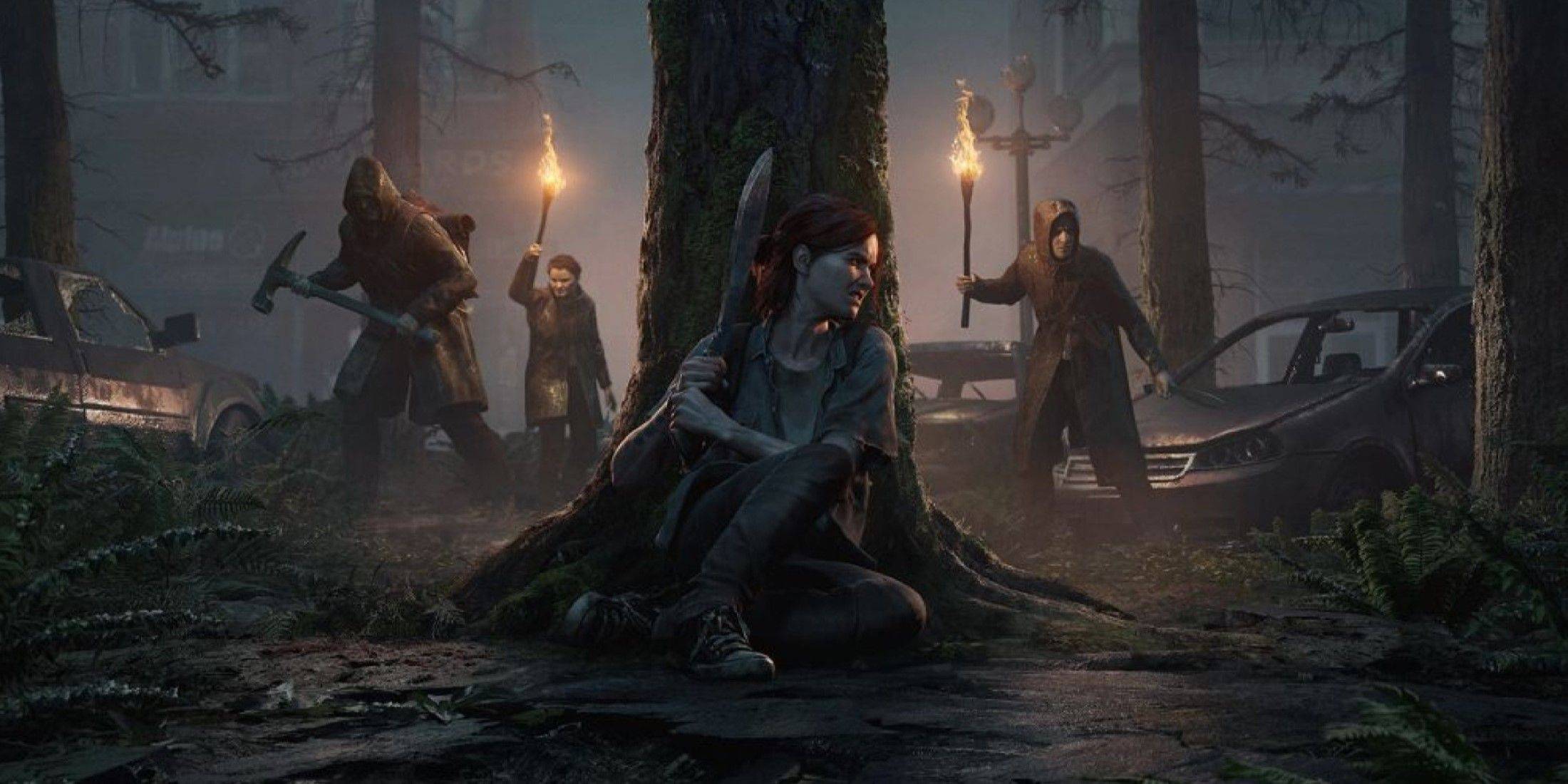Activision Submits Extensive Defense in Call of Duty Uvalde School Shooting Lawsuit
- By Joseph
- Feb 02,2025

Activision Rebuts Uvalde Lawsuit Claims, Citing First Amendment Protections
Activision Blizzard has filed a robust defense against lawsuits linking its Call of Duty franchise to the 2022 Uvalde school shooting. Filed by victims' families in May 2024, the lawsuits allege the shooter's exposure to Call of Duty's violent content contributed to the tragedy. Activision denies all allegations, asserting the game's content is protected under the First Amendment.
The May 24, 2022, Robb Elementary School shooting claimed the lives of 19 children and two teachers, injuring 17 more. The shooter, an 18-year-old former student, was a Call of Duty player, having downloaded Modern Warfare in November 2021. The lawsuit also implicated Meta, alleging Instagram facilitated the shooter's access to firearms advertising. The plaintiffs contend both companies fostered an environment encouraging violent behavior among vulnerable youth.
Activision's December filing, a 150-page response, rejects any causal link between Call of Duty and the Uvalde shooting. The company invoked California's anti-SLAPP laws, designed to safeguard free speech from frivolous litigation. The defense emphasizes Call of Duty's status as expressive content protected by the First Amendment, arguing that claims based on "hyper-realistic content" violate this right.
Expert Testimony and Game Development Details
Supporting its defense, Activision submitted declarations from experts. Professor Matthew Thomas Payne of Notre Dame University provided a 35-page statement comparing Call of Duty's military realism to that of established war films and television, refuting the lawsuit's "training camp" characterization. Patrick Kelly, Call of Duty's head of creative, contributed a 38-page document outlining the game's development, including the $700 million budget for Call of Duty: Black Ops Cold War.
The Uvalde families have until late February to respond to Activision's comprehensive defense. The outcome remains uncertain, but the case highlights the ongoing debate surrounding the connection between violent video games and mass shootings.
Latest News
more >-

-

- Red Dead 2, GTA 5 Sales Stay Strong
- Dec 21,2025
-

-
-




